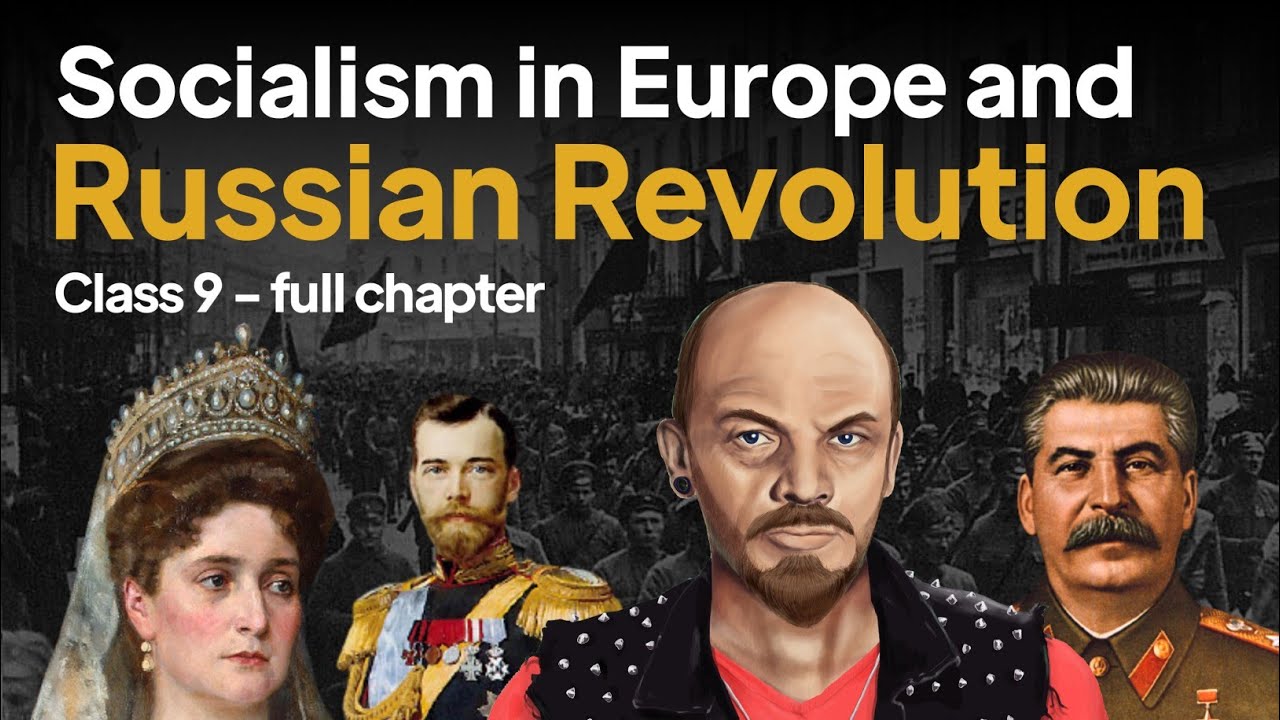A história do socialismo e a luta pela Revolução Brasileira
Summary
TLDRIn this video, the speaker discusses Jones Manuel's book, 'Reflections on Socialism and Revolution in the 20th Century.' The book offers a comprehensive analysis of historical socialism, addressing topics like anti-communism, Stalinism, the German-Soviet non-aggression pact, and socialist transitions. Jones Manuel emphasizes the need for a balanced historical review, arguing against the dominant Cold War narratives that paint socialism solely as a failure. He calls for a revolutionary reevaluation of 20th-century socialist experiences and highlights the importance of engaging in critical debates to understand and learn from past movements.
Takeaways
- 📚 The book titled 'Janes Manuel' discusses socialism and revolution in the 20th century, with an interesting design that includes a different title on the cover.
- 🕵️♂️ The author navigates through various historical moments, addressing topics such as anti-communism, Stalinism, the German-Soviet Non-Aggression Pact, and historical revisionism.
- 👨🏫 The book challenges the dominant narratives of the 20th century, suggesting that the memory of the Cold War era is biased towards liberalism and anti-communism.
- 📝 It includes a discussion on Rosa Luxemburg's views on reform and revolution, emphasizing that reforms are a means to prepare for revolution by training the proletariat for struggle and power.
- 💡 The author argues against the idea that all socialist experiences in the 20th century were failures and tragedies, advocating for a reevaluation of these experiences.
- 📖 The book is a compilation of texts written by the author over the past four years, some of which are reworked and others are new, aiming to provide a new paradigm for analyzing socialist experiences.
- 🎨 The graphic design of the book is by Caterina, and the book's cover is designed to attract regular visitors to the author's blog.
- 🗣️ The book aims to stimulate debate and controversy, challenging readers to engage with the material and form their own opinions.
- 🤔 The author reflects on their journey as a communist, born in 1990, and the need to revisit Marx's works to defend Marxism that has not been tainted by historical experiences.
- 🌐 The book is available for purchase online through the publisher's website and is part of a broader effort to promote discussion and debate on socialist history and theory.
Q & A
What is the main theme of the book discussed in the transcript?
-The main theme of the book is a reflection on socialism and revolution in the 20th century, with a focus on various historical moments and debates within the communist movement.
What is the significance of the title 'Janes Manuel' in the context of the book?
-The title 'Janes Manuel' is an actual title within the book, which seems to be a play on words or a pseudonym used to discuss the battle for memory and historical revisionism in the context of socialism.
What historical topics are covered in the book?
-The book covers topics such as anti-communism, Stalinism, the German-Soviet non-aggression pact during World War II, historical revisionism, democratic socialism, and the role of the United States in anti-racism and revolutionary movements.
How does the author approach the discussion on Rosa Luxemburg's work?
-The author discusses Rosa Luxemburg's views on the relationship between reform and revolution, emphasizing that reform is a means to prepare the conditions for revolution, training the proletariat for struggle and the exercise of power.
What is the author's personal journey with communism as described in the transcript?
-The author describes becoming a communist after the fall of the Berlin Wall in 1990, grappling with the historical narrative of the 20th century, and dedicating 10 years to studying and writing about socialism to challenge dominant narratives and establish a revolutionary historical balance.
What is the author's stance on the dominant historical narrative of the 20th century?
-The author challenges the dominant narrative that everything that happened in the 20th century under communism was wrong or a disaster, arguing for a more nuanced and revolutionary historical balance that does not accept the victors' narrative of the Cold War.
What is the purpose of the book according to the author?
-The purpose of the book is to stimulate debate, challenge prevailing historical narratives, and offer a materialist and revolutionary analysis of the 20th century's socialist experiences.
What is the significance of the book's graphic design?
-The book's graphic design, created by Caterina, is highlighted as being very good and an important aspect of the book's presentation, although the specific details of the design are not elaborated on in the transcript.
Who is Pedro Marim, and what is his role in the context of the book?
-Pedro Marim is a young theorist, editor of the magazine 'Operário', and a specialist in Brazilian military issues. He is mentioned as being involved in the book's launch event.
What are the author's plans for promoting the book?
-The author plans to travel and participate in book launches and discussions in various cities, starting with São Paulo, and then moving to the Northeast of Brazil, with the hope of eventually going to Brasília.
Outlines

This section is available to paid users only. Please upgrade to access this part.
Upgrade NowMindmap

This section is available to paid users only. Please upgrade to access this part.
Upgrade NowKeywords

This section is available to paid users only. Please upgrade to access this part.
Upgrade NowHighlights

This section is available to paid users only. Please upgrade to access this part.
Upgrade NowTranscripts

This section is available to paid users only. Please upgrade to access this part.
Upgrade NowBrowse More Related Video

Longo século XIX - História do Capitalismo tomando o mundo

Michael Malice: Marxism and Communism

The Spread of COMMUNISM after 1900 [AP World History] Unit 8 Topic 4 (8.4)

Essential Joseph Schumpeter: Who was Joseph Schumpeter?

Socialismo utópico - Brasil Escola

Socialism in Europe and The Russian Revolution Class 9 | Class 9 History Chapter 2 | CBSE | NCERT
5.0 / 5 (0 votes)